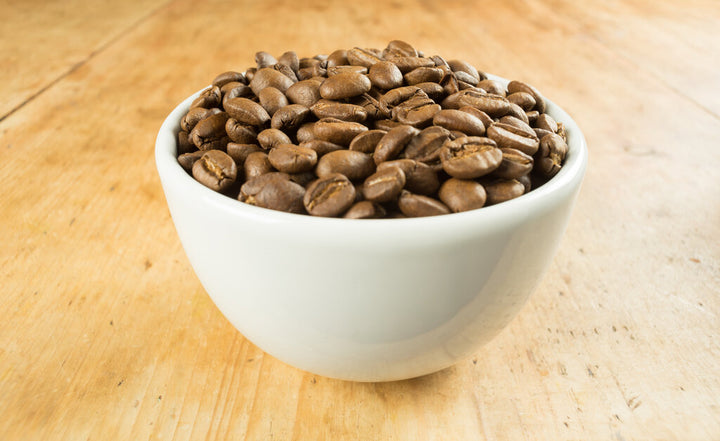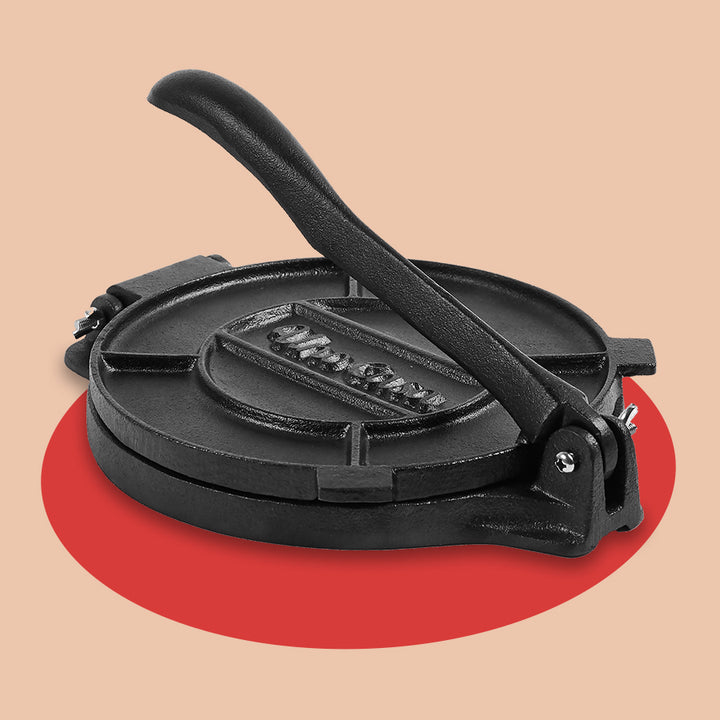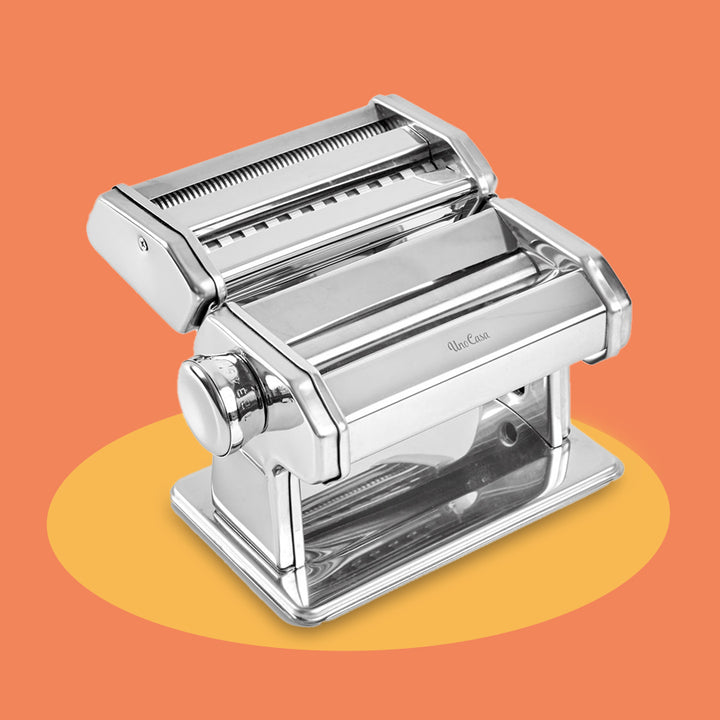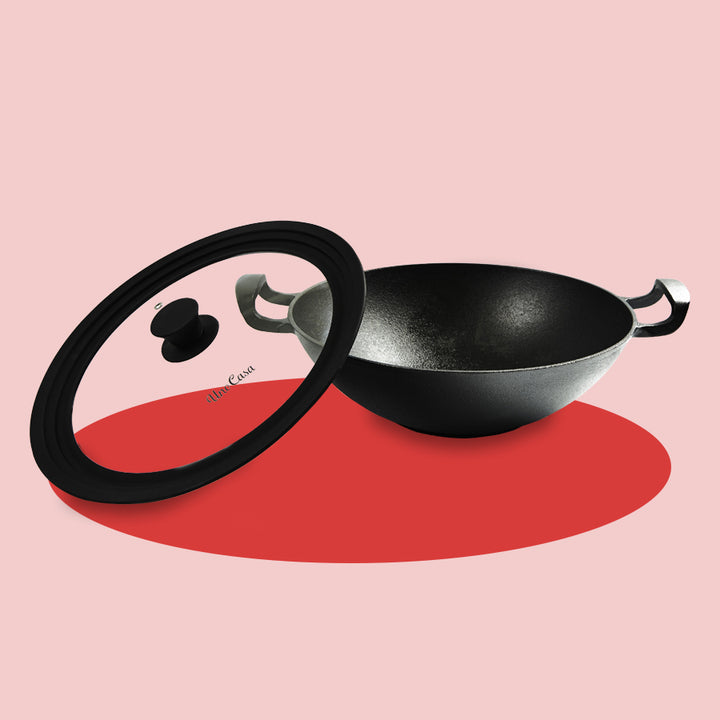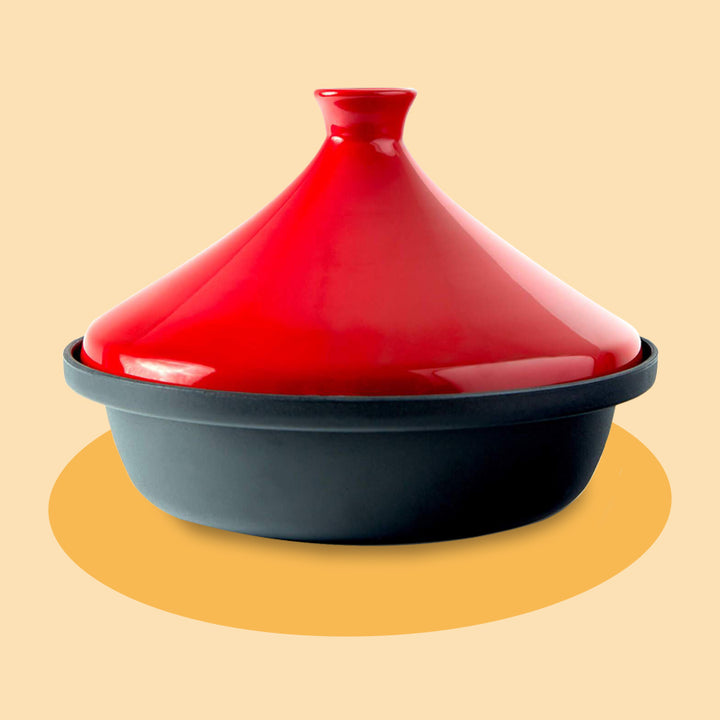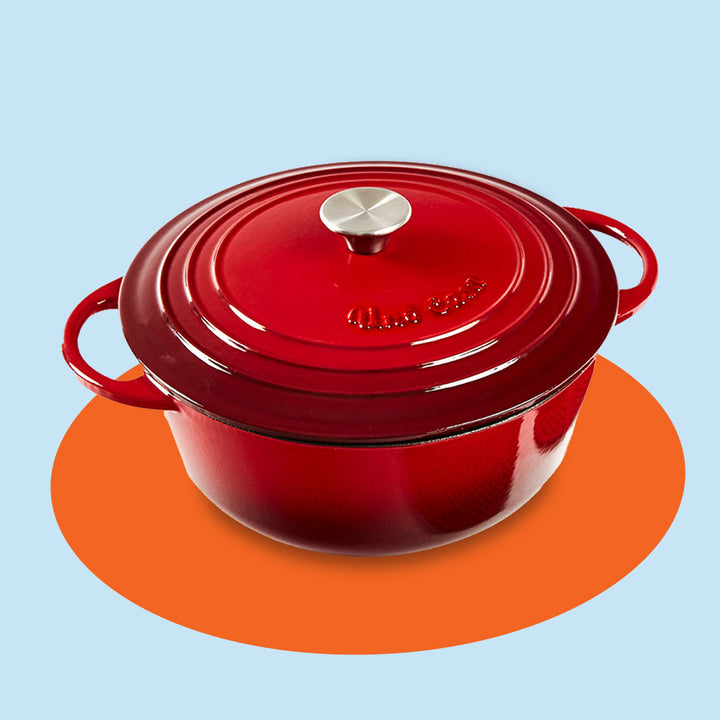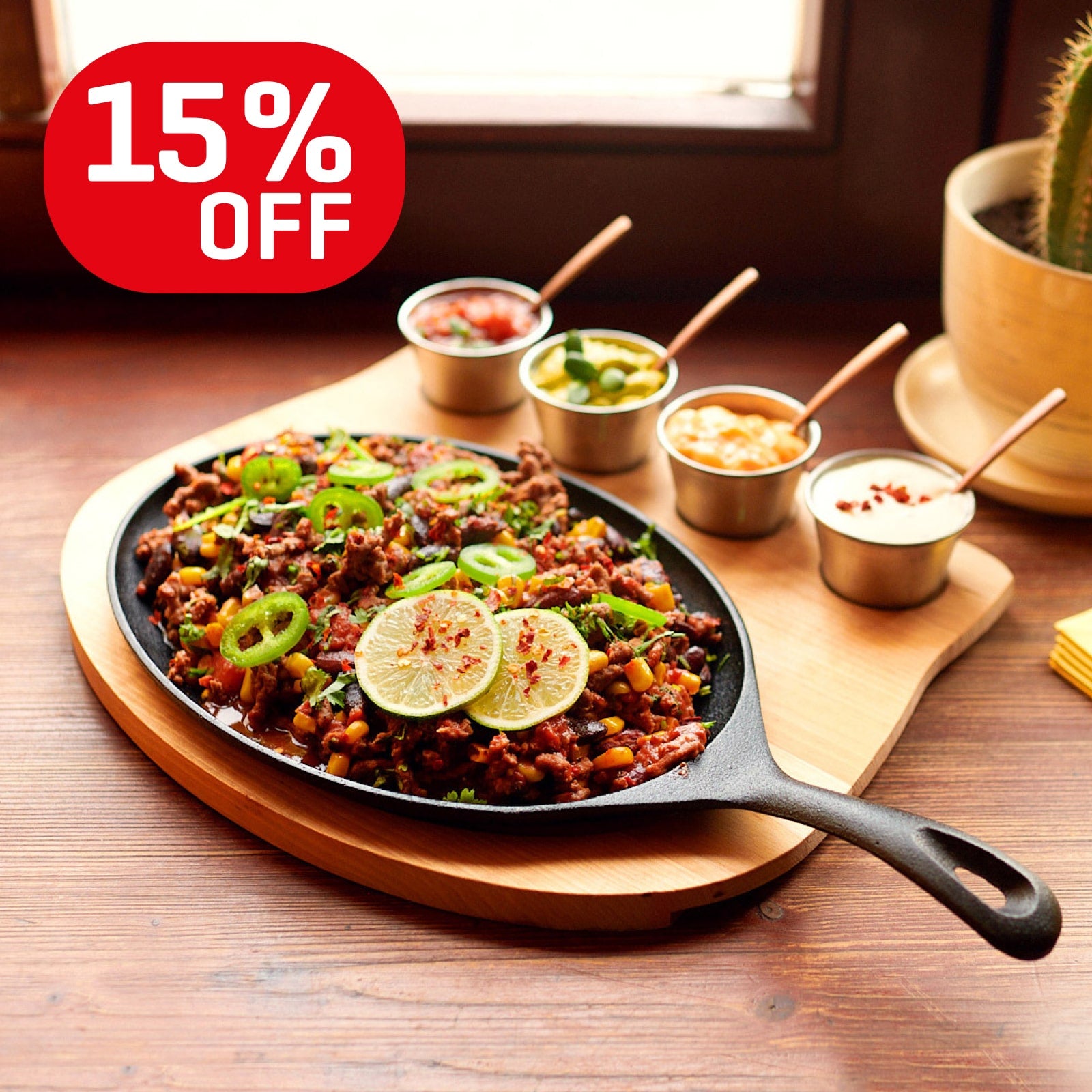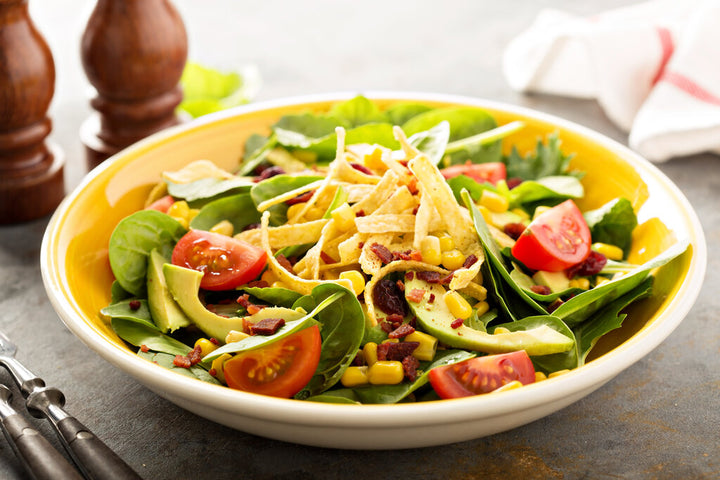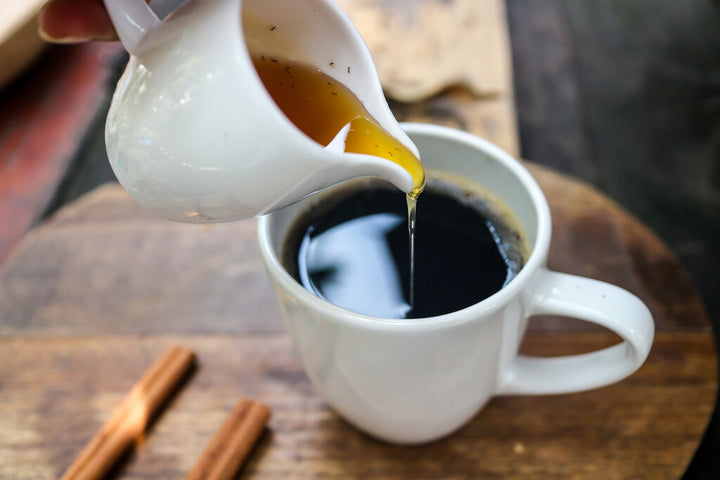Coffee Calories: Does a Hot Cup Help or Hinder Weight Loss?
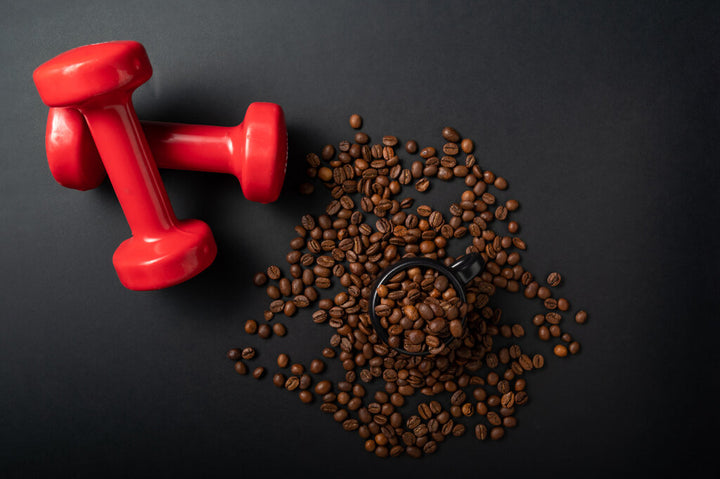
Americans love their coffee, collectively consuming 400 million cups per day. Is our daily brew good for our bodies or adding to our waistlines? Learn all about the calories in various coffee drinks below.
Most of us love to start our days with a coffee or three - it gets the blood pumping and helps us get out the door a little faster.
But should the 45 million of us on a diet at any given time be drinking this wonderful elixir? It depends on what type of coffee you’re drinking!
The calories in coffee drinks vary greatly, not because of the coffee itself but because of add-ins - whipped coffee calories are much higher than you see in a regular, classic cup of joe.
Learn which coffees you can feel good drinking daily and which you should save for special treats in our coffee nutrition facts guide below!
Plain Old Black Coffee: 2-3 calories
Does coffee have calories?
Whether you’re drinking French press or pour-over coffee, ground coffee beans brewed in hot water or black coffee calories are virtually nonexistent.
Black coffee has only two calories in an entire 8-oz cup - with the average dietary recommendation for adults to eat 2,000 calories daily, even ten coffees a day has a negligible effect on any diet.
Whether you’re looking at hot or iced coffee calories, they both contain only 2 per cup, provided you drink them black.
Since espresso contains the same ingredients in a more concentrated dose, espresso calories add up to 3 calories in each shot. Instant coffee calories are a little higher and also measure up to 3 calories per cup.
You’ll consume very few calories in a cup of coffee if you skip the milk and sugar.
Why are the calories in coffee so low?
The purpose of a coffee bean in nature is to sprout a new plant - coffee beans need very little energy to grow, as once sprouted, the fresh leaves get their energy from the sun’s rays and soil around it.
On top of that, we don’t actually consume the beans; we drink soaked coffee bean liquid, so many of the calories are left behind within the coffee grounds.
Adding Milk to your Mug: + 30 calories
While the milk you’re using in coffee adds some calories and fat, 2 ounces of 2% only adds around 30 calories in coffee with milk.
Once you get into steamed milk in espresso, the ratio of milk to coffee tends to go up, driving the calories higher. On top of that, unless you specify otherwise, most baristas make these drinks with whole milk, which is higher in fat and calories than 2%, at 38 calories per 2 ounces.
An unsweetened cappuccino calories ring in at 80 calories per cup, while latte calories sit at 190. Flat white calories are slightly less than lattes at 170 calories.
And if you use cream instead of milk, you’ll add roughly 30 calories per tablespoon to your drink.
Sweetening with Sugar: + 16 calories
Sugar is about as far from healthy food as you can get, but many people only enjoy the taste of coffee when it’s sweetened.
If you like to add sugar to your cup, keep in mind that for every teaspoon of sugar, you’re adding around 16 calories to your mug and spiking your blood sugar. A little won’t do too much damage, but consuming excessive sugar in your daily diet can wreak havoc on your health.
Sweeteners, Syrups, Whipped Cream & More Goodies: up to 500+ calories
Those Starbucks Frappuccinos taste absolutely delicious with their sweet flavored syrups, whipped cream, and chocolate shavings, but the calories can be downright astronomical. Some of these drinks will put you back 500 calories or even close to 1000, which is one-quarter to one-half of your recommended daily caloric intake.
No question, these sweet treats are pretty enjoyable, but if you’re following a healthy diet, it’s best to limit these treats to a special occasion and stick to healthier alternatives for your daily caffeine zip.
Health Benefits of the Coffee Bean
Plenty of scientific studies over the years have touted the health benefits of sipping a hot cup or two of black coffee daily.
Here are a few of the very best reasons to drink up:
- Coffee is full of antioxidants that help fight cancer-causing free radicals and premature cellular aging.
- Coffee can help promote healthier blood pressure when consumed in moderation.
- Coffee can increase energy levels and help fight fatigue temporarily.
- Caffeine has a positive impact on your metabolism and may temporarily boost your metabolic rate.
- Coffee contains plenty of essential nutrients, like vitamin B2, B3, B5, manganese, and potassium, to promote all sorts of body functions.
- It tastes good!
One potential drawback is that black espresso or French-pressed coffees contain potent coffee oils that may slightly raise LDL cholesterol. If you’re worried about cholesterol, stick to filtered coffee like pour-over.
Final Notes on Coffee Calories
When it comes to coffee and health, the purer your cup of coffee, the better it tends to be for you.
One of the strange things about a human’s tastebuds is they tend to become accustomed to enjoying the foods they eat the most. In that way, if you don’t like plain coffee, you may be able to train your tastebuds to enjoy it by slowly removing the extra ingredients in each cup.
Stick to black or close to black to reap the significant health benefits of your brew without adding many extra calories to your daily diet!
Schreiben Sie einen Kommentar
Kommentare werden vor der Veröffentlichung genehmigt.
Vollständigen Artikel anzeigen
